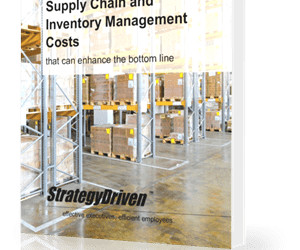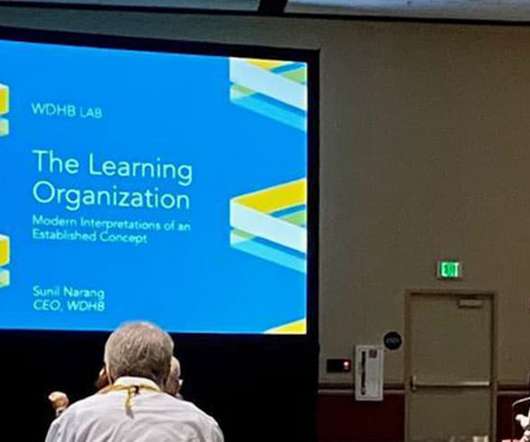Disciplines of a Learning Organization: Peter Senge
QAspire
DECEMBER 7, 2015
If there is one book that has influenced my business thinking the most, it is Peter Senge’s “ The Fifth Discipline – The Art and Practice of Learning Organization ” and I have referred to it many times over past years on this blog. Related Posts at QAspire Blog : Why Organizations Don’t Learn ?






























Let's personalize your content